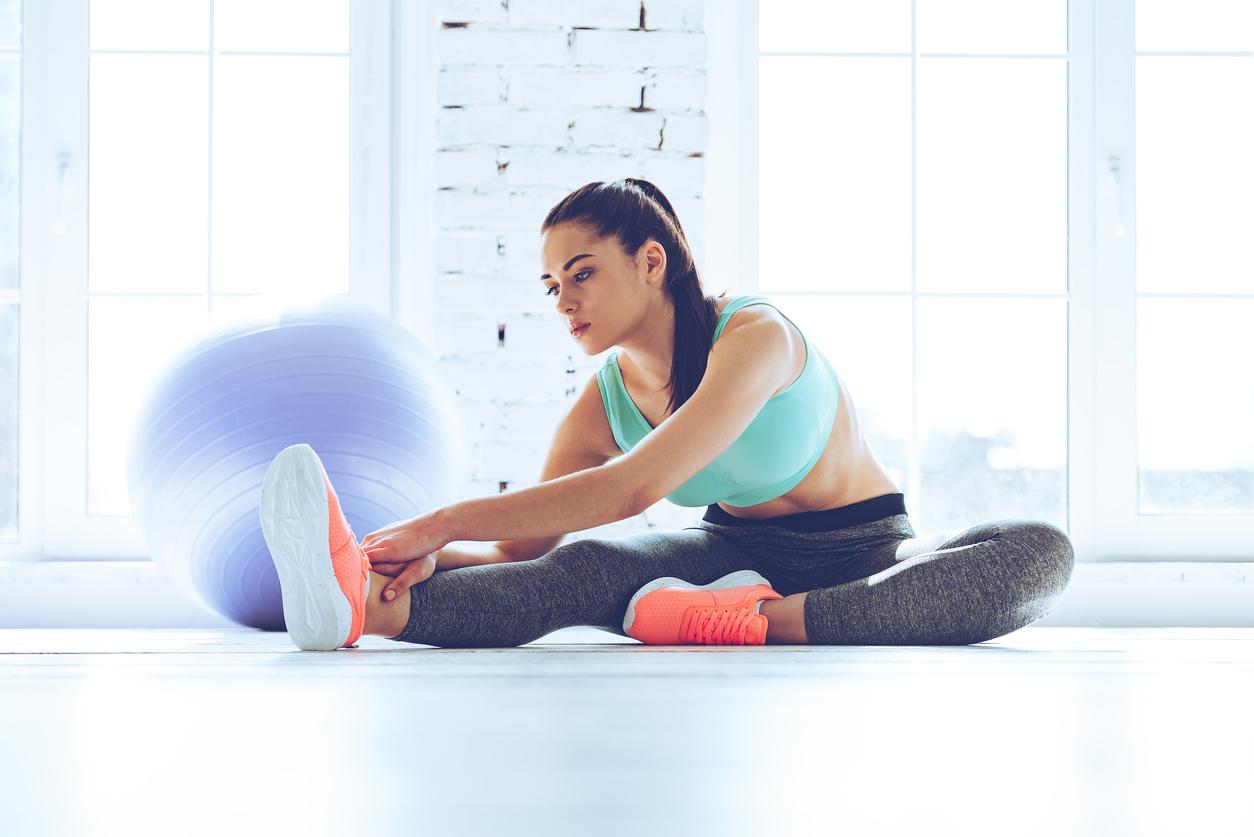'Stress incontinence': The workout problem no one's talking about
It affects around a third of women

Your support helps us to tell the story
From reproductive rights to climate change to Big Tech, The Independent is on the ground when the story is developing. Whether it's investigating the financials of Elon Musk's pro-Trump PAC or producing our latest documentary, 'The A Word', which shines a light on the American women fighting for reproductive rights, we know how important it is to parse out the facts from the messaging.
At such a critical moment in US history, we need reporters on the ground. Your donation allows us to keep sending journalists to speak to both sides of the story.
The Independent is trusted by Americans across the entire political spectrum. And unlike many other quality news outlets, we choose not to lock Americans out of our reporting and analysis with paywalls. We believe quality journalism should be available to everyone, paid for by those who can afford it.
Your support makes all the difference.A good workout can get messy - you’re sweaty, red in the face and generally a bit dishevelled.
But for some people, there’s another problem that they have to try and hide when they exercise: incontinence.
It’s not something people tend to talk about, but accidental peeing during exercise may be more common than you think.
“One in three women will experience it at some point in their lives,” says OB-GYN Dr. Jessica Shepherd.
“It’s definitely more common once you’ve had children, but there’s a misconception that if you haven’t had kids you don’t have bladder leakage. I’ve gotten to asking women in my practice if they’re experiencing it.”
Weeing yourself a little bit is actually normal and is often called light bladder leakage (LBL). It’s scientifically termed ‘stress incontinence’ which refers to the involuntary leakage that occurs not just through exercise but also from sneezing, laughing or no reason at all.
“You’d be surprised how many times a day I talk about this,” Katia Pryce, founder of DanceBody told Well + Good.
“My workout is dance cardio; there’s a lot of jumping. I have some women who always wear patterned pants so if they pee, you can’t see it.”
Stress incontinence is most common when doing high impact, high intensity workouts: “The most common activities that lead to SUI [Stress Urinary Incontinence] are Box Jumps and Double Unders (some women also experience SUI with Deadlifts),” physical therapist Ann Wendel says.
So what can you do to keep yourself jumping?
Strengthening the pelvic floor and working on the abdominals can help - try finding a personal trainer who specialises in deep-core work.
Join our commenting forum
Join thought-provoking conversations, follow other Independent readers and see their replies
Comments